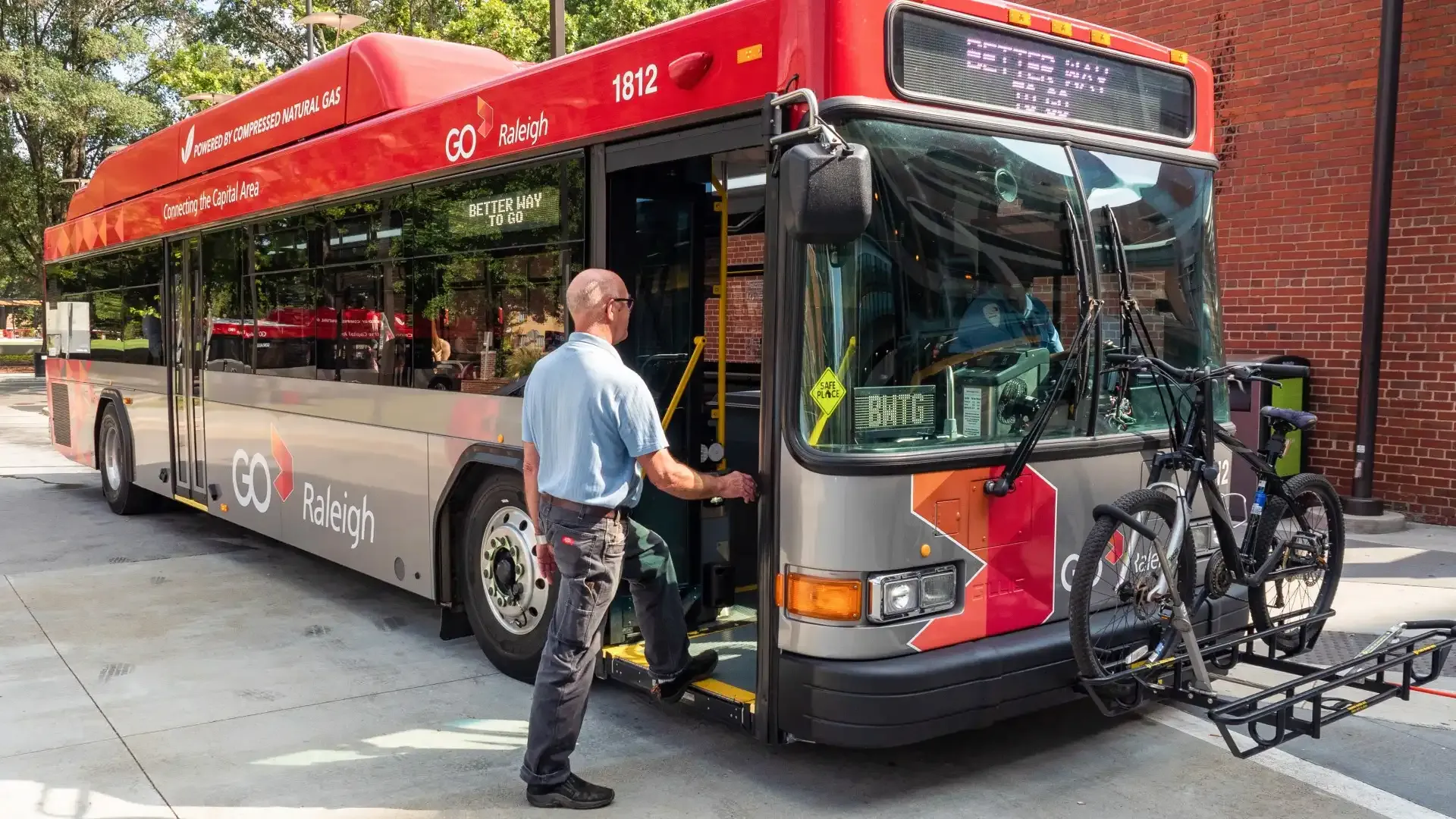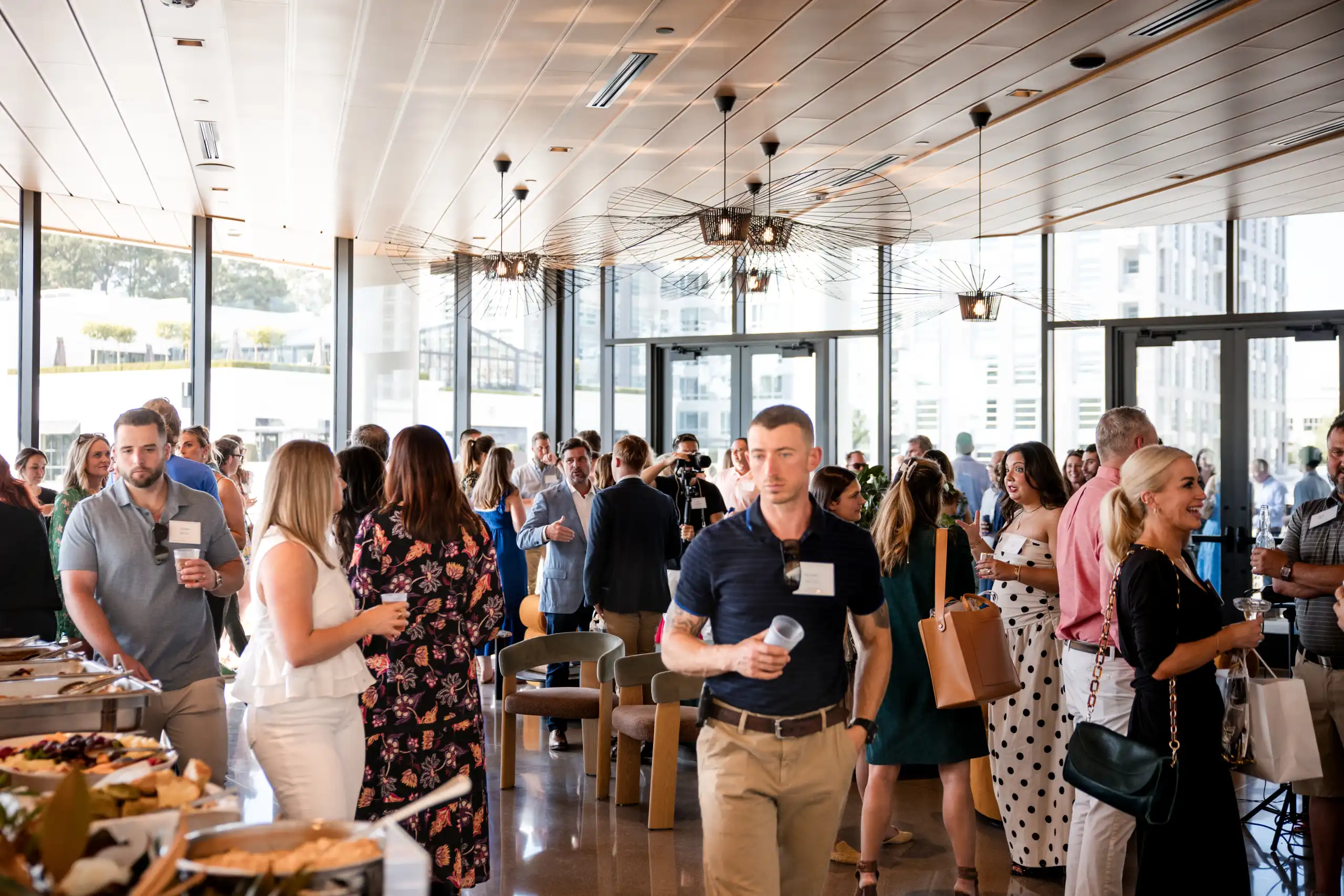
An insider’s guide to life, community, and change in the City of Oaks

1. Growth is Inevitable—But It’s Being Actively Shaped
Raleigh is one of the fastest-growing cities in the U.S., and that’s immediately evident in its skyline, infrastructure projects, and housing demand. But growth here isn’t unchecked—it’s the subject of ongoing civic debate. Community members frequently engage with city council over how and where to build, how to preserve character, and how to manage affordability. Projects like the redevelopment of Dorothea Dix Park, the expansion of affordable housing near transit lines, and the city’s Unified Development Ordinance are examples of Raleigh’s commitment to thoughtful urban evolution.

That said, growth brings tension. Rising home prices have shifted the accessibility landscape, and formerly overlooked neighborhoods are becoming hot spots overnight. As a newcomer, it’s important to understand how your move fits into the city’s larger narrative—whether you’re restoring a historic bungalow or settling into a newly built townhome. You’re not just buying a home; you’re entering a city in motion, where residents care deeply about how Raleigh grows.
2. Neighborhoods Speak to Different Lifestyles
Raleigh’s neighborhoods aren’t interchangeable—they’re textured, storied, and distinct. Places like Historic Oakwood and Boylan Heights speak to those drawn to charm, walkability, and preserved architecture, while areas like North Hills or Midtown cater to a more modern, amenity-rich lifestyle. Suburbs such as Apex and Holly Springs are gaining popularity for families seeking newer homes and top-rated schools, all within a 30-minute commute. The question isn’t just “Where can I afford to live?” but “What kind of daily life do I want?”

These lifestyle differences go beyond aesthetics. Some neighborhoods prioritize bike lanes and community gardens, while others rally around local schools, cultural festivals, or small business districts. Many also carry complex histories around race, development, and resilience—especially in Southeast Raleigh, which has long been a hub for Black-owned businesses and civic leadership. To truly settle into a neighborhood here means understanding not just its homes, but its people and past.
3. Public Schools Are Excellent—but Complex
Wake County Public Schools are among North Carolina’s most highly regarded, with a wide variety of magnet programs, STEM academies, and early college options. However, their assignment model can be confusing to new families. School zones don’t always align with neighborhood lines, and you might live closer to one school while being assigned to another. The county also operates both traditional and year-round calendar options, which can significantly impact scheduling and child care planning.

Beyond logistics, schools often serve as hubs of community life. PTA meetings, Friday night football games, and school festivals are major parts of the Raleigh social fabric. For this reason, many families choose to buy based on long-term school planning—even if their children are still in preschool. It’s worth taking time to research not only performance data, but school culture, administrative leadership, and how involved parents typically are. In Raleigh, school choice is a critical part of lifestyle design.
4. Raleigh Is Green—By Culture, Not Just Design
Raleigh’s love of nature isn’t limited to its 180+ miles of greenways or its nationally recognized parks. There’s a deeply rooted culture here around environmental stewardship, from tree preservation ordinances to grassroots creek cleanups. Residents regularly show up at city meetings to advocate for smart growth that doesn’t sacrifice Raleigh’s green legacy. This isn’t just a city with green space—it’s a city that protects it with purpose.

Living in Raleigh often means having access to trailheads just minutes from your doorstep. Popular spots like Lake Johnson and Umstead State Park are favorites for weekend recreation, while neighborhood parks like Pullen and Kiwanis serve as everyday gathering places. Outdoor life is so embedded in the culture that even apartment complexes and office buildings are incorporating more outdoor amenities—from rooftop terraces to yoga decks. Whether you’re an avid hiker or just like your morning coffee with a view of the trees, Raleigh delivers.
5. A Car Is Useful—But Not Always Essential
Raleigh’s transportation system is still evolving, and for most residents, owning a car is part of daily life. That said, there are neighborhoods where walkability is becoming more than a buzzword. Downtown Raleigh, North Hills, and the Village District offer car-optional lifestyles with easy access to grocery stores, fitness studios, restaurants, and parks. The city’s bike-share program and designated greenway lanes also make it easier to get around without four wheels.

Public transit is improving incrementally. The GoRaleigh bus system has expanded its frequency on key routes, and the region is investing in a commuter rail system to better connect Raleigh with Durham and Cary. But for now, strategic home location is key. If you’re moving here from a dense, transit-rich city, expect an adjustment period. Still, if you plan smartly, it’s possible to live in Raleigh with less reliance on your car than you might expect from a Southern city.
6. The Job Market Is Strong—and So Is the Spirit of Innovation
Raleigh consistently ranks as one of the best cities for job seekers, especially in industries like tech, healthcare, life sciences, and higher education. With nearby Research Triangle Park—home to more than 300 companies—and anchors like NC State University, the city draws talent from across the country. Major employers such as Red Hat, Epic Games, and Lenovo keep the region competitive, while startups and small businesses add diversity to the ecosystem.

Beyond the numbers, Raleigh has a strong culture of innovation and entrepreneurship. Coworking spaces, local pitch competitions, and mentorship networks are plentiful, making it a great place to launch or grow a business. Creative professionals will also find a supportive environment, though certain industries—like media, fashion, or large-scale arts—may still require regional flexibility or hybrid models. If you’re moving here for career opportunity, it’s worth connecting with local chambers or industry-specific groups before you land.
7. Southern Hospitality is Real—But So is Civic Engagement
Yes, Raleigh is friendly. Strangers say hello, neighbors wave, and it’s not uncommon for someone to strike up a conversation in line at the grocery store. But kindness here often extends beyond pleasantries—into real community care. You’ll see it in meal trains for new parents, neighborhood Facebook groups sharing resources, and front-yard potlucks that welcome the newly arrived. Hospitality here isn’t performative—it’s participatory.

What complements this warmth is a strong civic backbone. Raleigh residents are engaged, and community meetings often draw robust turnout. From environmental advocacy to affordable housing forums, people show up—and newcomers are encouraged to do the same. Whether you’re volunteering for a local school garden, attending a city planning session, or joining a book club with political roots, Raleigh gives you space to connect with others who care about the city’s future.
8. Outdoor Living Isn’t Just a Perk—It’s a Priority
Outdoor life is woven into the rhythm of Raleigh living. Thanks to the city’s mild climate, year-round access to trails, lakes, and parks is the norm, not the exception. Families spend weekends at Lake Crabtree or hiking through Umstead State Park, while others find peace on the Neuse River Greenway, which stretches 27 miles through some of the area’s most scenic landscapes. Even newer residential developments often include integrated trails, dog parks, and green commons.

But outdoor living goes beyond recreation. Many local events such as music festivals and yoga classes take place in open-air venues. Farmers markets, food truck rodeos, and brewery patios thrive here. Even downtown high-rises are increasingly designed with balconies or rooftop green spaces. If you value time outside, Raleigh offers a rare blend of natural access and urban convenience that supports a healthy, active lifestyle without the need to “get away” to enjoy the outdoors.
9. The Culture Scene is Quietly Expansive
Raleigh’s cultural offerings may not always grab headlines, but they run deep. The city is home to renowned institutions like the North Carolina Museum of Art and the North Carolina Symphony, as well as a thriving independent arts scene. Live music is everywhere—from jazz at the Hayti Heritage Center to bluegrass at Red Hat Amphitheater. And First Friday events in downtown galleries continue to spotlight emerging and established artists alike.

The city also values creativity at a grassroots level. Pop-up theater, mural festivals, film showcases, and culinary residencies keep things fresh. It’s a culture of participation, where residents often shape what’s available rather than waiting for major institutions to lead. For transplants used to blockbuster-scale entertainment, Raleigh may seem understated at first. But those who dive in will find a creative ecosystem that’s approachable, community-rooted, and surprisingly rich.
10. Moving Here Means Becoming Part of the Story
Relocation isn’t just logistical—it’s personal. Moving to Raleigh means stepping into a city where community matters and where your choices have impact. Whether you’re buying a historic home or building new, sending your kids to public school or volunteering in a neighborhood clean-up, you’re contributing to Raleigh’s evolving identity. It’s a place where people care not just about where they live, but how they live.

The beauty of this city lies in its blend of tradition and transformation. People don’t just reside here—they invest in it. That might mean getting to know your local coffee shop owners, supporting a grassroots nonprofit, or attending a city planning workshop. Wherever you land, Raleigh invites you to participate. It’s a city that grows with you, and because of you.
Ready to Make the Move?
Relocating isn’t just about finding a new home—it’s about discovering the right community, lifestyle, and long-term fit. Raleigh is growing with purpose, and whether you’re seeking vibrant culture, quiet streets, or top-tier schools, there’s a place here for you.
At The Coley Group, we combine expert strategy with deep local insight to help you navigate every step of your move with clarity and confidence. Start by downloading our Raleigh Relocation Guide—your essential resource for understanding neighborhoods, schools, cost of living, and more. Not sure where to begin? Take our Neighborhood Match Survey to see which part of Raleigh aligns best with your lifestyle.

When you’re ready, we’re here to guide you home. Contact our team today and let’s start your journey to unlocking your perfect place in Raleigh!


Social Cookies
Social Cookies are used to enable you to share pages and content you find interesting throughout the website through third-party social networking or other websites (including, potentially for advertising purposes related to social networking).